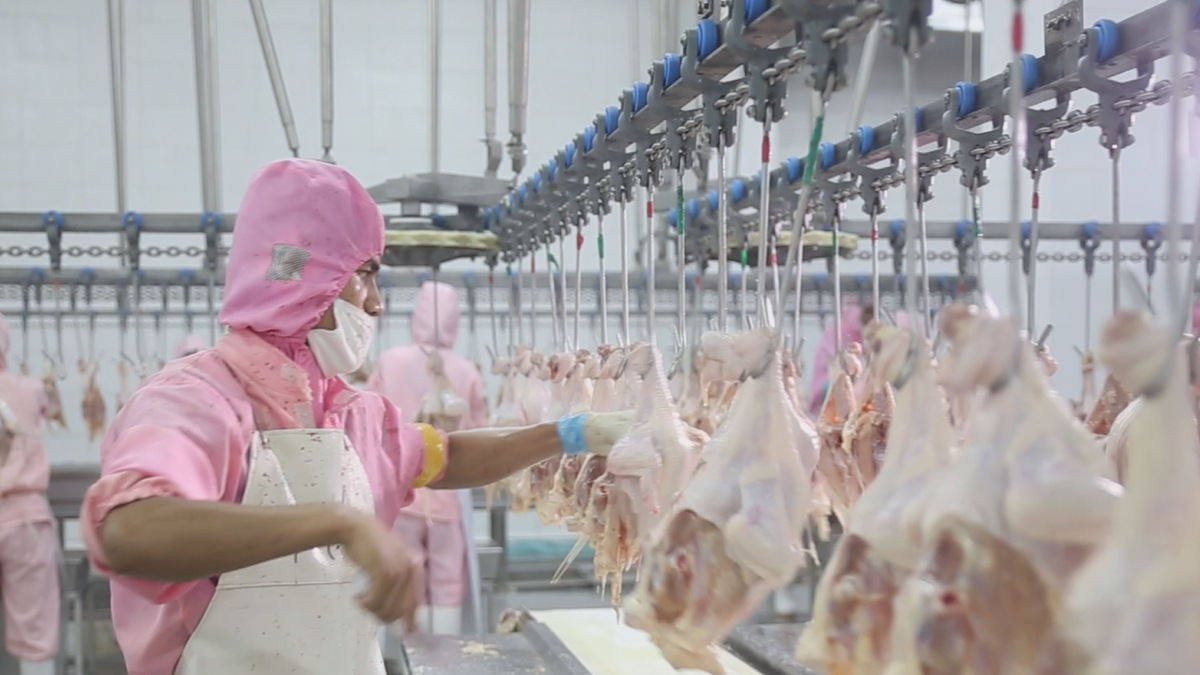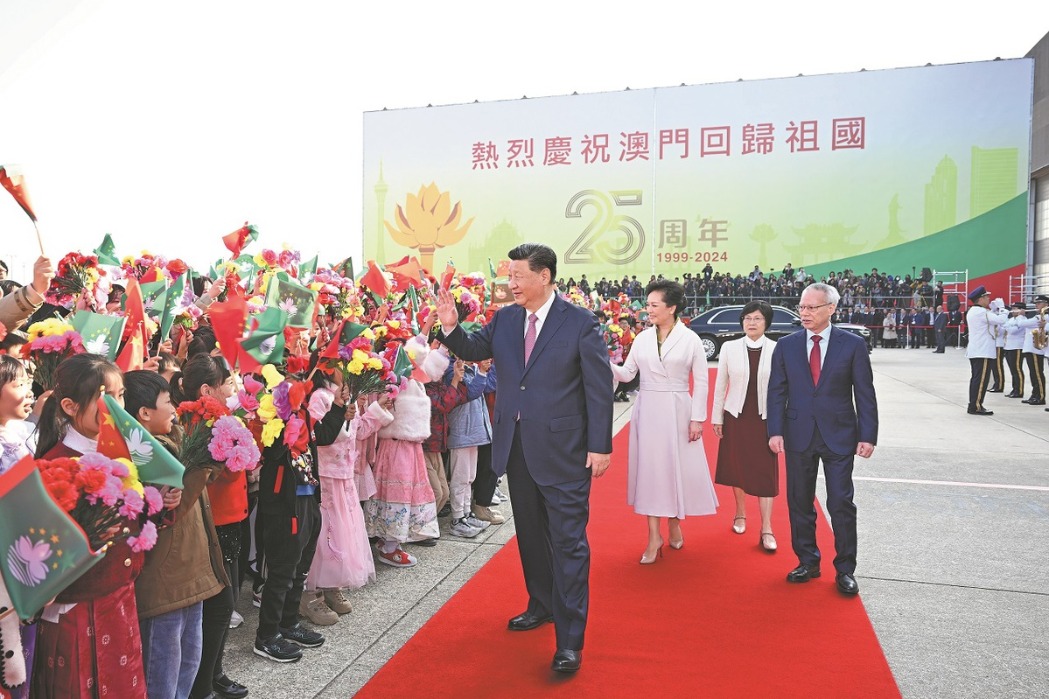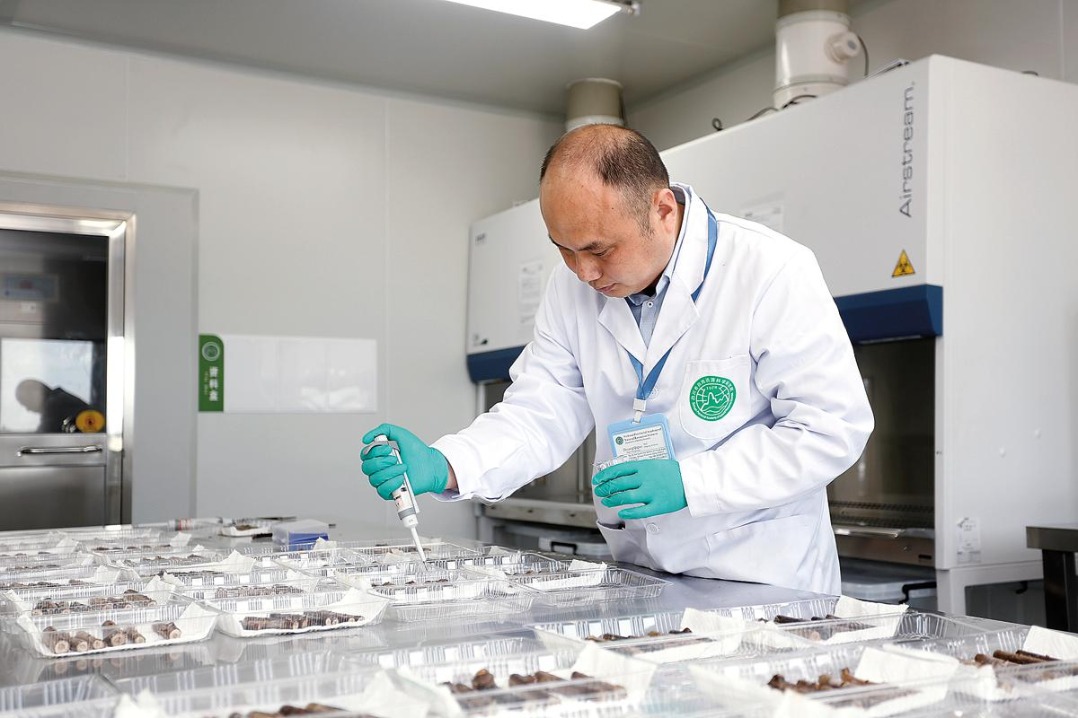When chickens arrived, people prospered


Gulbakram Kadir, 30, burst into tears when she received the first salary in her life, saying she never thought she could make money by her own hands.
Now a worker at Xinjiang Meibit Group Co Ltd, a major chicken production company in Moyu county, Xinjiang Uygur autonomous region, she gets paid more than her peers because of her hard work.
As with most of women from the Kashboy village in the county, she once relied on her husband for a living. He worked far from home.
"I had nothing to do besides taking care of the children," she said, adding that she seldom left the village and didn't think of having her own income stream.
After her divorce, she had to move to the house of her grandfather. She felt hopeless and embarrassed.
"My parents died long ago. Though relatives treated me nicely, I felt ashamed every time they gave me living expenses," she said.
Before long she went to a training school and applied for a job at Meibit.
Moyu, a poverty-stricken county, brought in the company in April 2019 to reduce poverty. The company now has 13 chicken production raising centers in 13 surrounding villages and towns, which can ship 6 million to 7 million chickens a month. Its workshops can slaughter 200,000 chickens daily, and its deep-processing workshops can produce 72,000 metric tons of chicken meat annually. Products are sold in 30 provinces and regions across the nation using cold-chain logistics. Annual output reaches 3 billion yuan ($458 million).
Zheng Hailong, CEO of the company, said more than half of its about 6,000 workers come from poor families and the average monthly salary reaches about 2,600 yuan.
Abdukeram Kadir, who is from a poor family, said he was promoted to head of a workshop after about a year and can now earn 3,500 yuan a month. He was even happier when his wife was also employed by the company recently.
Led by the local government, the company and cooperatives, families were offered chicks, fodder, technical guidance and epidemic prevention classes, free of charge. They then sell adult chickens to the company. The program has benefited 1,560 poor families so far.
Besides, the company has set up 500 dining cars in Moyu, to offer 10,000 jobs. Ayxam Turniyaz, who works in the dining cars, said she used to plant grapes at home. Since May 2019, she began to cook and sell food to customers, earning a salary of 3,000 yuan a month. She said she likes her new job.
Besides chicken, Moyu also deals in sheep, rabbits, pigeons, ducks and geese by linking leading companies with poor families.
Zheng said the local government helped the company select locations, build factories, recruit workers and get loans from banks during the difficult times of the COVID-19 pandemic.
- Chinese lawmakers hear reports at NPC standing committee session
- Remarkable progress in farmland conservation
- China completes provincial databases to enhance record filing, review
- Audit report shows China fixed 94% of fiscal irregularities
- Fallen crane causes collision on Shanghai metro line
- Death anniversary of Canadian surgeon Norman Bethune commemorated in China






































